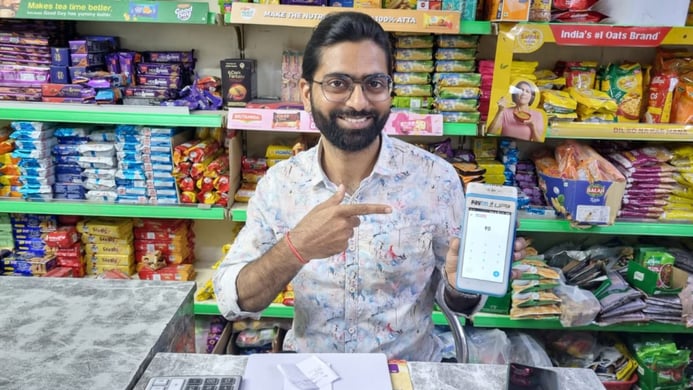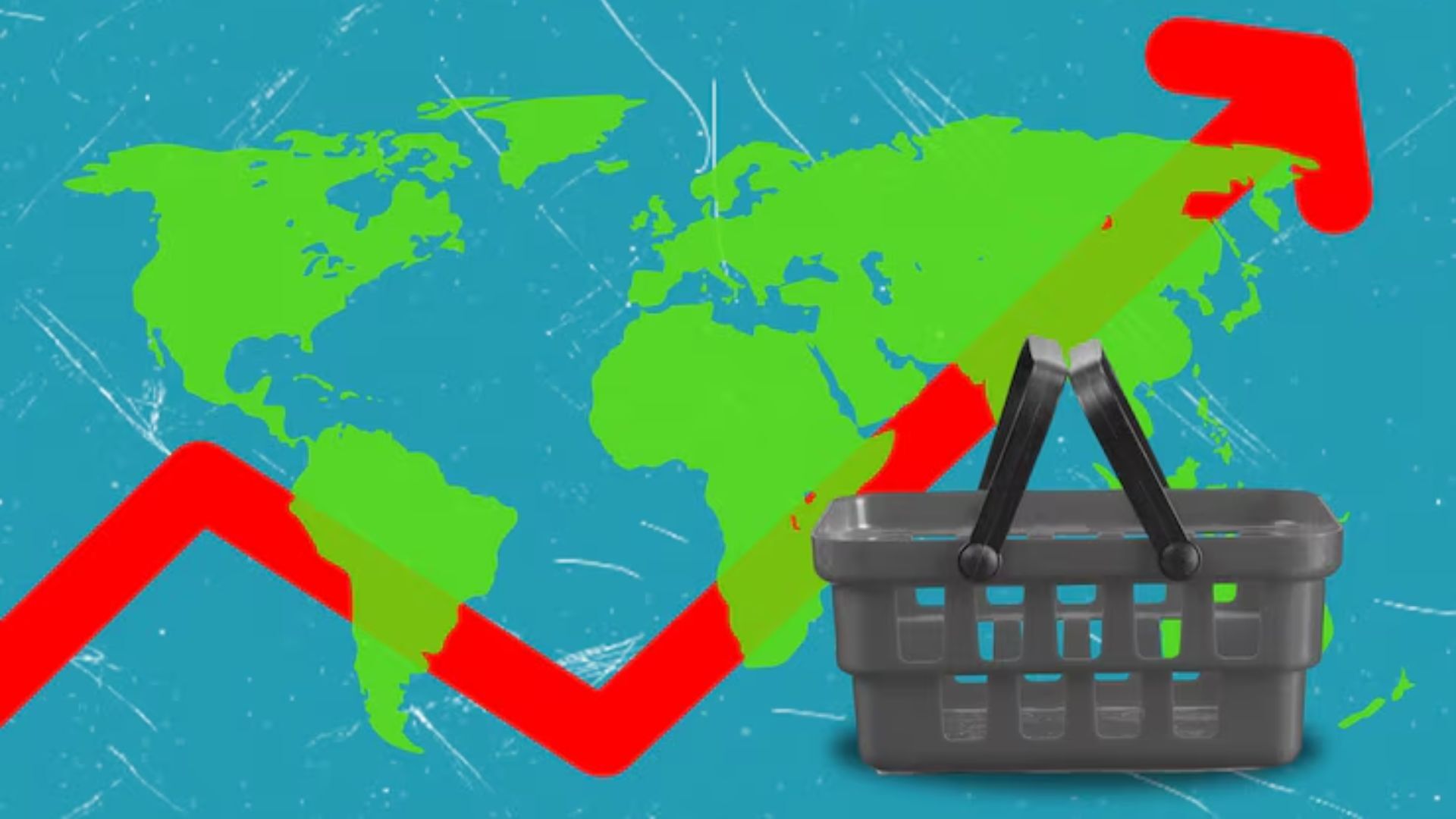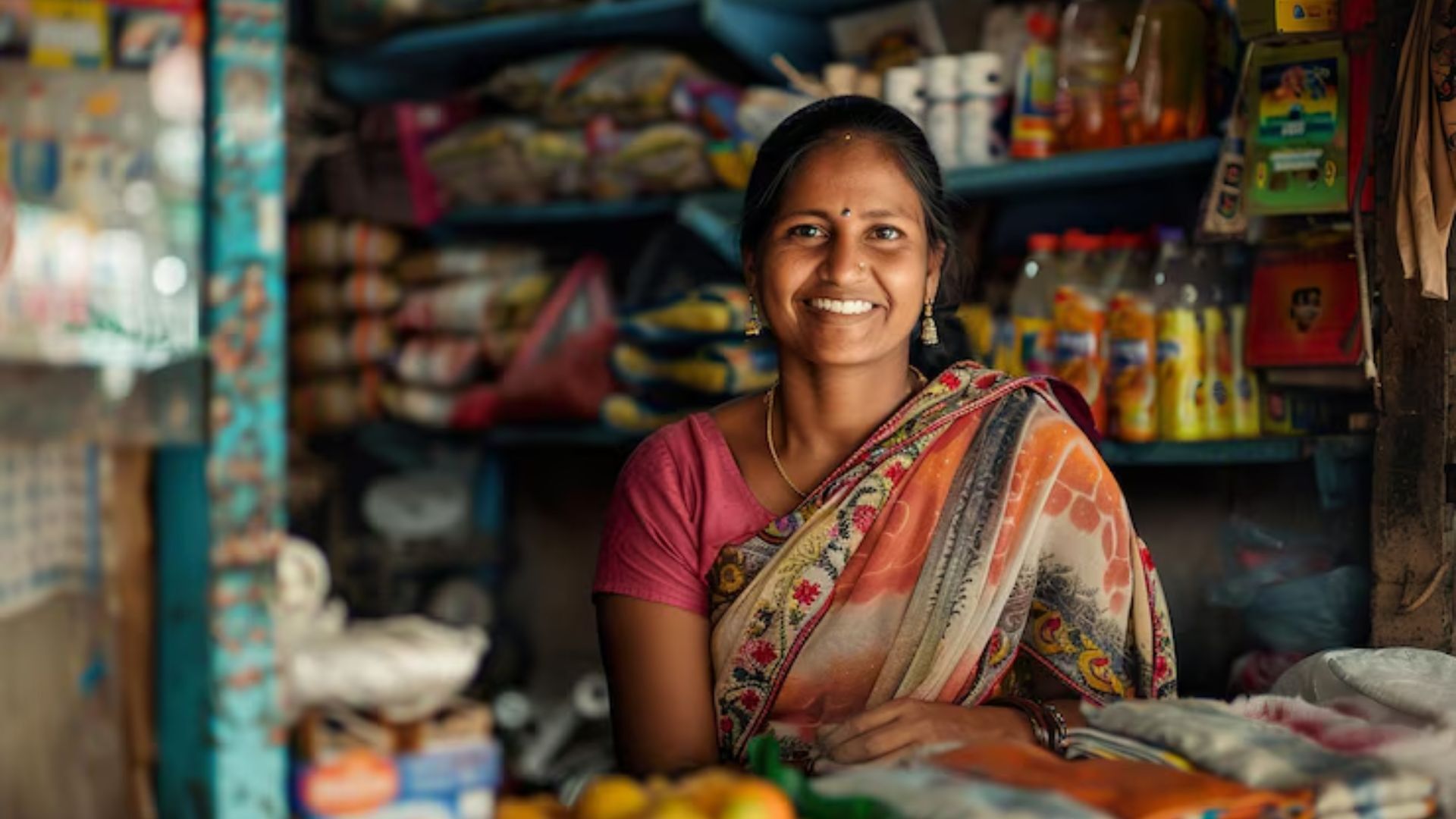
India’s retail and FMCG landscape this week reflects a sector in motion, adapting swiftly to external pressures while re-evaluating longstanding strategies. Several FMCG majors are re-engaging with kirana stores, realigning distribution priorities in response to the shrinking margins and operational constraints of quick commerce platforms. This pivot back to general trade marks a significant recalibration of strategy after a heavy digital push.
Meanwhile, the unpredictable onset of the monsoon has disrupted seasonal sales momentum. With summer-led categories like cold beverages, ice creams and skincare impacted, rural markets are being looked to for stability and recovery in demand. Simultaneously, innovation is becoming a core lever for resilience. Tata Consumer is leaning into AI-led solutions for forecasting and pricing, while also investing in health-focused product launches to meet evolving consumer expectations.
Walmart, on the other hand, has indicated it will no longer pursue brick-and-mortar retail in India, advocating instead for policy reform to enable inventory-based e-commerce models. At the infrastructure level, India’s card payments boom, expected to cross $350 billion in 2025, is transforming high-value retail transactions, signalling a broader shift in consumer behaviour. Retail inflation, too, continues to soften, adding further tailwinds to spending.
Adding to the week’s developments is Zeno Health’s rapid retail expansion across Maharashtra, reflecting continued momentum in healthcare retail and job creation in semi-urban centres. Together, these shifts underscore an industry balancing disruption with opportunity.
Click on the headings below for insights on how these trends are shaping India’s retail landscape…
1. FMCG majors reconnect with kiranas as quick-commerce squeeze deepens
India’s leading fast-moving consumer goods (FMCG) firms, including ITC, Nestlé, Coca-Cola, Tata Consumer Products, Dabur, Reliance and Parle, are pivoting back to general trade after a year dominated by partnerships with quick-commerce platforms like Blinkit, Zepto, Instamart and BB Now.
2. FMCG Sector Feels Weather Shock, Looks To Rural Cushion
The weather has thrown the Indian fast-moving consumer goods (FMCG) sector a bit off course this season. Just as summer sales were starting to peak, unexpected rains and an early monsoon arrived, cooling not just the air but also consumer demand for seasonal favourites like ice creams, soft drinks, and skincare products.
3. No longer chasing the brick-and-mortar stores business in India: Walmart
Walmart president and CEO Doug McMillon doesn't mince words. In an interview, McMillon (59), who oversaw the US retail giant's acquisition of a controlling stake in Flipkart in 2018 in a $16-billion deal, tells TOI that the company seeks a level-playing field in the countries it operates, that would mean opening up the inventory based model to foreign e-commerce players in India like Walmart and Amazon, which local rules prohibit. He also says that Walmart is no longer chasing the brick-and-mortar stores business in India.
4. Swipe Surge: India’s $350 Billion Card Boom Is Reshaping High-Value Retail
India is in the midst of a dramatic shift in how it pays, shops, and spends. Once defined by its cash-first culture, the nation is now swiping, tapping, and clicking its way to becoming a card-forward economy. According to GlobalData, India’s card payments market is expected to surpass $350 billion (INR 30.1 trillion) in 2025, driven by rising consumer confidence, deepening digital infrastructure, and surging credit card usage.
5. India Retail Inflation Eases in May
Retail inflation for farm and rural workers eased to 2.84 per cent and 2.97 per cent in May from 3.48 per cent and 3.53 per cent, respectively, in April this year, according to data released by the Labour Ministry on Friday.
6. AI transforming FMCG sector, to lead next phase of growth: Tata Consumer
AI is driving the next phase of growth in FMCG, says Tata Consumer at its 62nd AGM. The company is investing in AI-led demand forecasting and pricing, with 41 product launches in FY25. Focus remains on innovation, health trends, and organic growth amid shifting consumer behaviour.
7. Zeno Health Expands Retail Network to 260 Stores Across Maharashtra
Zeno Health has announced the launch of 75 new medical stores across Mumbai, Pune, and Nashik, taking its total store count in Maharashtra to 260. The expansion aims to improve access to affordable medicines in urban and semi-urban areas while creating over 500 jobs for licensed pharmacists.


 3 minute read
3 minute read


